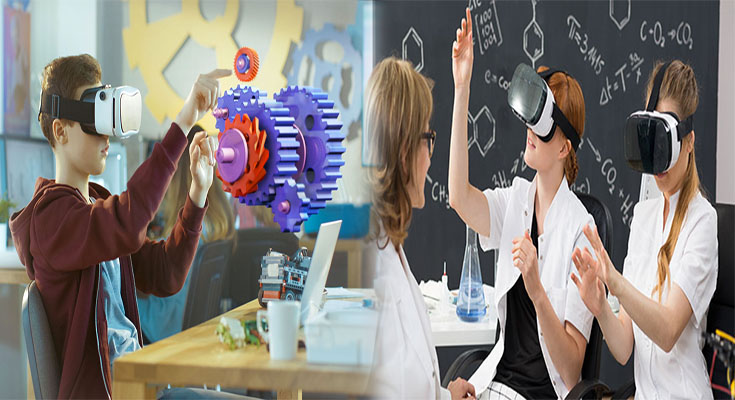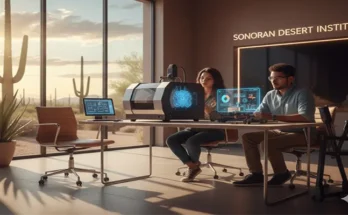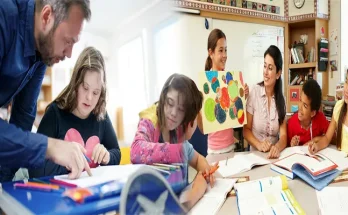Virtual reality (VR) technology has been steadily advancing and influencing various industries, with education being one of the key areas experiencing significant transformation. The integration of virtual reality into the education system holds the potential to revolutionize the way students learn, interact with content, and engage with the educational material. In this article, we will explore the impact of virtual reality on the future of the education system.
Enhanced Learning Experiences
One of the primary advantages of incorporating virtual reality into the education system is the ability to create immersive and interactive learning experiences. Through VR simulations and virtual environments, students can explore complex concepts, historical events, scientific phenomena, and more in a three-dimensional space. This hands-on approach to learning enhances student engagement and understanding, making the educational material more memorable and impactful.
Personalized and Adaptive Learning
Virtual reality technology enables educators to tailor learning experiences to suit the individual needs and preferences of each student. By offering personalized learning paths and adaptive content, VR can cater to different learning styles, abilities, and interests. Students can progress at their own pace, receive immediate feedback, and revisit challenging concepts in a virtual environment that adapts to their learning requirements.
Global Connectivity and Collaboration
Virtual reality transcends geographical barriers and allows students from around the world to connect and collaborate in virtual classrooms. Through VR-enabled communication tools, students can engage in group projects, participate in discussions, and interact with peers and educators in a virtual space. This global connectivity fosters cultural exchange, diverse perspectives, and a sense of community among students, creating a more inclusive and interconnected educational experience.
Practical Skill Development
Virtual reality simulations can provide students with hands-on training and practical experiences in various fields, such as science, healthcare, engineering, and more. By immersing students in realistic scenarios and virtual laboratories, VR technology enables them to practice skills, conduct experiments, and solve problems in a safe and controlled environment. This practical application of knowledge enhances skill development and prepares students for real-world challenges and opportunities.
Accessibility and Inclusivity
Virtual reality has the potential to make education more accessible and inclusive for students with diverse needs and abilities. Through VR technology, students with disabilities can engage in virtual learning experiences that accommodate their learning requirements and provide equal opportunities for participation. Additionally, VR can offer alternative learning modalities for students who may struggle in traditional classroom settings, supporting a more inclusive educational environment for all learners.
Future Implications and Considerations
As virtual reality continues to evolve and integrate into the education system, there are several implications and considerations to keep in mind. Educators and policymakers must address issues related to digital literacy, data privacy, technical infrastructure, and equitable access to VR technology to ensure that all students can benefit from its potential. Training for educators on implementing VR in the classroom, curriculum integration, and research on the effectiveness of VR-based learning are also essential for maximizing the impact of this technology on the future of education.
The impact of virtual reality on the future education system is profound and far-reaching. By enhancing learning experiences, personalizing instruction, fostering global connectivity, developing practical skills, and promoting accessibility, VR technology has the potential to transform the way students learn and engage with educational content. As educators and institutions embrace the possibilities of virtual reality in education, they can shape a more dynamic, engaging, and inclusive educational environment that prepares students for success in the digital age and beyond.





